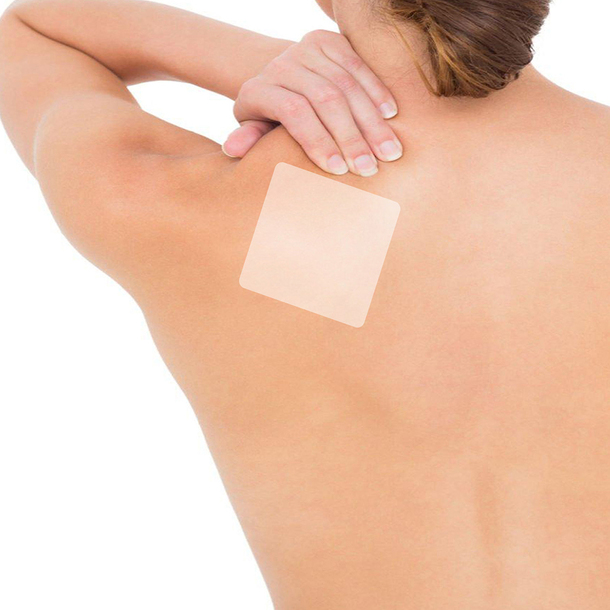Best Multivitamins for Women With Iron Deficiency
 |
| Best Multivitamins for Women With Iron Deficiency |
Iron deficiency is one of the most common nutritional issues affecting women, especially during menstruation, pregnancy, or in the case of dietary restrictions. If you’ve been feeling constantly fatigued, struggling to focus, or noticing pale skin and brittle nails, your body could be signaling low iron levels. While dietary changes are essential, many women turn to multivitamins to help bridge the gap. But not all multivitamins are created equal—especially when it comes to addressing iron needs.
In this article, we’ll explore how to choose the best multivitamin for womens dealing with iron deficiency, what ingredients matter most, and how to use supplements wisely and safely.
Understanding Iron Deficiency in Women
Iron plays a crucial role in transporting oxygen in the blood. When levels are too low, your body can’t function at its best. Women of reproductive age are particularly vulnerable due to monthly blood loss, increased needs during pregnancy, or even intense physical activity. Vegetarians and vegans may also struggle to get enough iron from plant-based sources.
If left unchecked, iron deficiency can lead to anemia, which causes persistent tiredness, cold hands and feet, chest pain, and more severe complications over time. That’s why finding the right supplement—with the right balance of iron and supportive nutrients—matters.
What to Look for in a Multivitamin With Iron
When shopping for a multivitamin, it's tempting to grab the first bottle that says "for women." But it’s worth pausing and reading the label carefully. Here’s what to focus on if you're specifically targeting iron deficiency:
1. Iron Type and Amount
Not all iron is absorbed equally. Look for forms like ferrous bisglycinate or ferrous fumarate—they’re gentler on the stomach and more bioavailable. The amount also matters. Too little won’t be effective, and too much can cause nausea or constipation. Most women benefit from 18–27 mg of iron daily, but individual needs may vary.
2. Vitamin C for Absorption
Iron absorption is significantly enhanced by vitamin C. A well-formulated multivitamin should include at least 75–120 mg of vitamin C to support this process. Taking iron-rich foods with citrus fruits is another natural strategy.
3. No Calcium at the Same Time
Calcium competes with iron for absorption. If your multivitamin includes high levels of calcium (especially over 200 mg), it may reduce iron uptake. Consider taking calcium separately if it’s part of your regimen.
4. Supportive B-Vitamins
B12 and folate (not just folic acid) are especially important for red blood cell production and overall energy. Look for methylated forms like methylcobalamin and L-methylfolate for better bioavailability, particularly if you have the MTHFR gene mutation.
5. Gentle on the Stomach
Women often abandon iron supplements due to gastrointestinal side effects. A quality multivitamin for womens with iron will often include a buffered formula or come in a slow-release capsule to minimize discomfort.
Signs Your Multivitamin Is Working
Once you start supplementing consistently, it can take a few weeks to notice changes. Some of the first improvements might include:
Increased energy and reduced fatigue
Better mental clarity and focus
Healthier skin tone and nail strength
Fewer episodes of lightheadedness or dizziness
Be patient and check in with your doctor or a nutritionist regularly—especially if you're also adjusting your diet or dealing with chronic health conditions.
When to Be Cautious
While iron is essential, more isn’t always better. Excess iron can be toxic and cause oxidative stress in the body. That’s why it’s never recommended to self-diagnose or supplement without at least having your ferritin and hemoglobin levels tested.
If you're pregnant, breastfeeding, or on medication, always consult your healthcare provider before adding any supplement—even one labeled as a daily multivitamin.
Multivitamins Tailored to Your Stage of Life
Not all women's bodies need the same nutrients. Your needs shift during different life stages—from menstruation to menopause. For a more personalized approach, check out our guide on Multivitamins for Specific Women's Health Needs to ensure you’re covering all your bases.
Lifestyle Still Comes First
While supplements can be powerful tools, they aren’t magic bullets. The foundation of your health still lies in:
Eating iron-rich foods like leafy greens, lentils, and lean meats
Pairing iron with vitamin C-rich foods (like strawberries or bell peppers)
Avoiding tea, coffee, or high-calcium meals right before or after supplementing
Also, try to identify and address any underlying causes of deficiency, such as heavy periods or digestive issues.
Conclusion
Dealing with iron deficiency isn’t just about boosting one nutrient—it’s about supporting your whole system in a sustainable way. The right multivitamin for womens can help fill gaps and restore your energy, but only when chosen thoughtfully and used consistently.
Before adding any supplement to your routine, start with a conversation—with your body, your doctor, and your lifestyle. Empowered, informed decisions will always lead to better long-term wellness.



Comments
Post a Comment